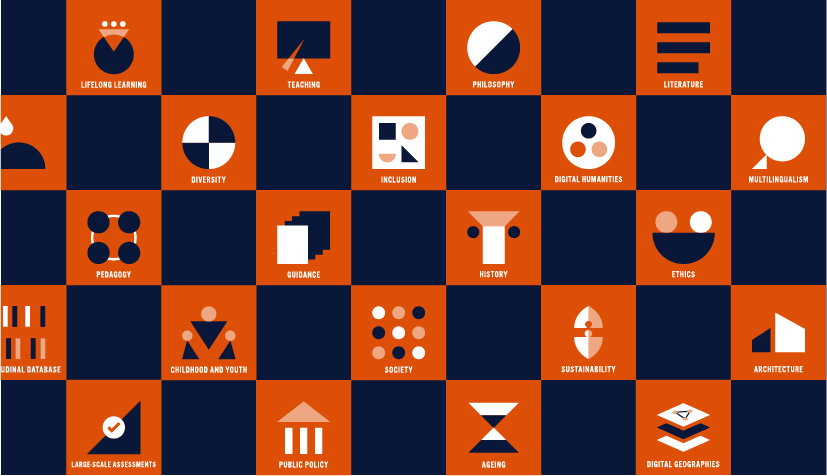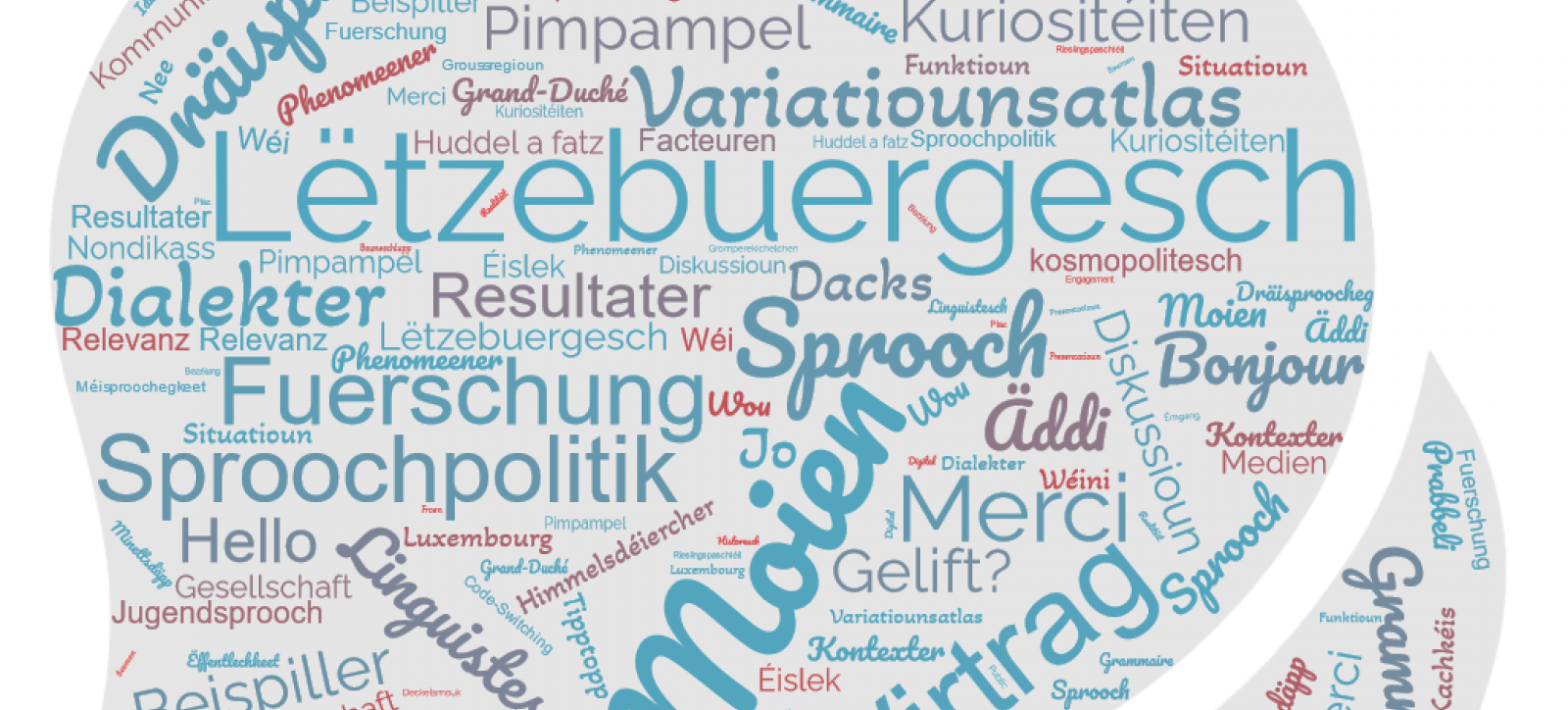Die menschliche Dimension in einer digitalen Welt

Wie können wir dazugehören? Wie sollen wir handeln? Wie können wir unsere Zukunft prägen? Mit Hilfe der Geistes- und Sozialwissenschaften gestalten wir die Zukunft, beeinflussen die Gegenwart und blicken auf die Vergangenheit zurück, um einer integrativen, offenen und leistungsstarken Gesellschaft beizutragen.
Aktualitäten
-

L’Octave, un pèlerinage pas comme les autres
Relations avec le publicSciences humainesMehr erfahren -

Das Gesundheitsverhalten von Kindern und Jugendlichen in Luxemburg: Soziale Ungleichheiten bestehen fort
ForschungSozialwissenschaftenMehr erfahren -
